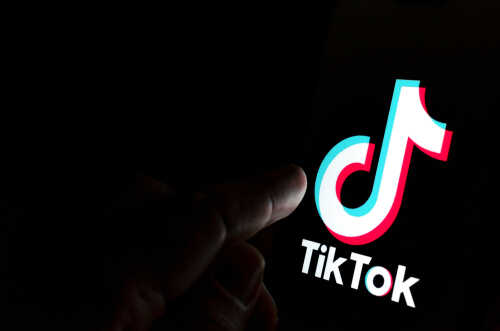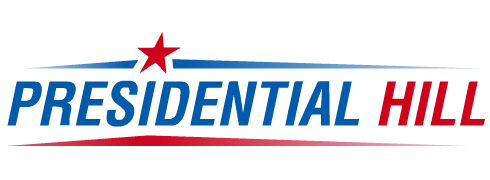
(PresidentialHill.com)- The effort by the Biden administration to get TikTok transferred to a domestic owner for the platform to remain in the United States has run into resistance from Chinese government officials. China has spoken out publicly against any forced sale.
On Thursday, the Chinese Ministry of Commerce said that the sale of TikTok to a U.S. customer would constitute the transfer of technology and would thus need government approval. The trust of foreign investors in the United States would surely plummet if the government-backed such a move.
If the reports are genuine, China would vehemently reject them, a ministry spokeswoman named Shu Jueting said.
ByteDance, TikTok’s parent company in China, was pressured to sell its investment in the firm by the Committee on Foreign Investment in the United States, an interdepartmental panel that evaluates U.S. sanctions with overseas corporations.
According to Tik Tok’s CEO Shou Zi Chew, a “Project Texas” plan would keep all data from the United States on servers in the country.
Concerns have been raised regarding how close to the Chinese government Chew and ByteDance, which owns TikTok, are. According to a report from the Australian Senate Select Committee on Foreign Interference through Social Media, ByteDance is controlled by the Chinese Communist Party, and the CCP and PRC have ties so deep the company can no longer be thought of as a private enterprise.
Several bills have been introduced in Congress to limit the use of TikTok in the United States. Republican Senator Marco Rubio of Florida has drafted a bill to outright ban the app, while Democrats Mark Warner and John Thune of South Dakota have introduced a bill to give the Commerce Department more authority to assess whether or not international business deals pose a security risk.
TikTok has ramped up its lobbying activities in the nation’s capital. According to OpenSecrets, a nonpartisan website that tracks political expenditures, the social media business spent the fourth-highest amount on lobbying costs of any online corporation.














